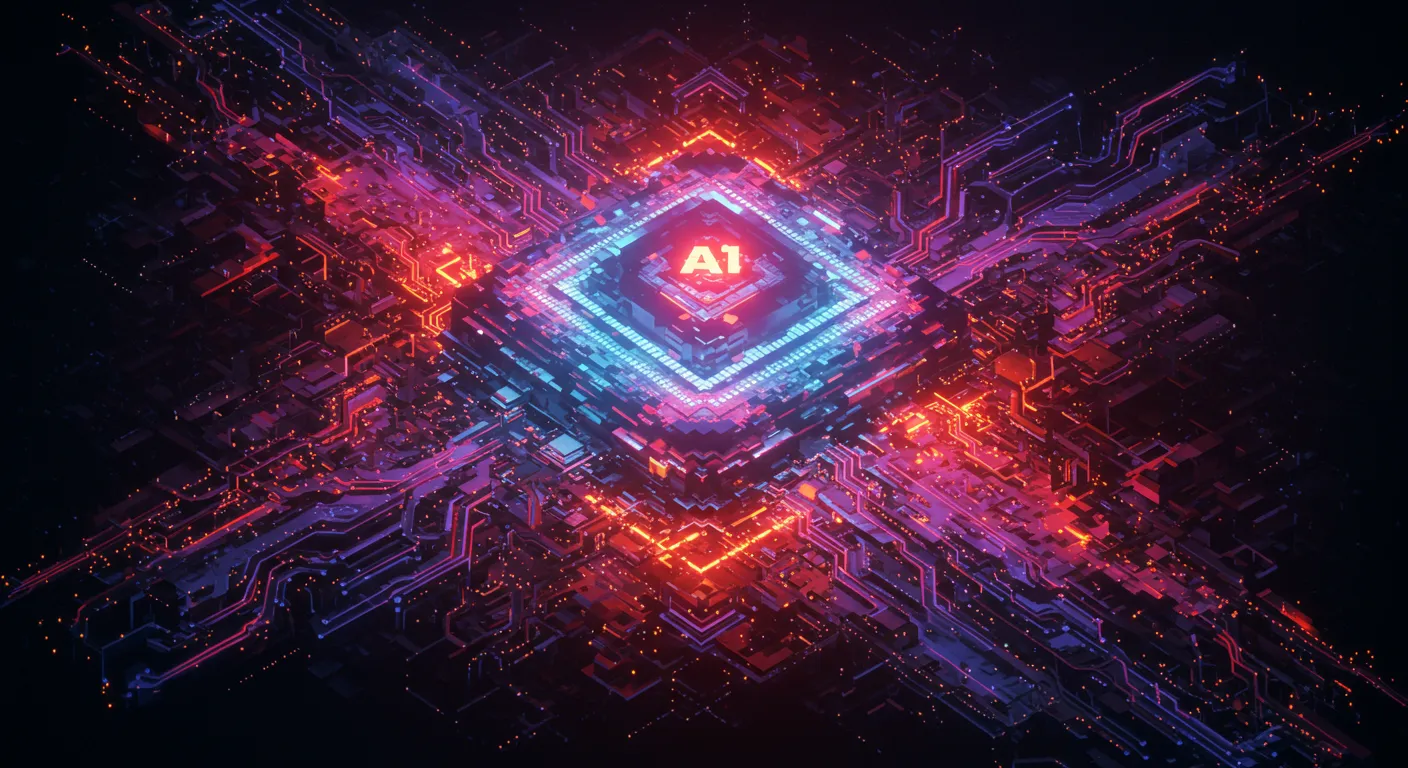In the rapidly evolving landscape of software development, Google's latest AI Studio is signaling a potential paradigm shift that could redefine how developers create applications. Online commentators are buzzing about the platform's ability to generate code directly from simple prompts, suggesting we're witnessing a transformative moment comparable to the introduction of high-level programming languages like FORTRAN.
The platform's most intriguing promise is its potential to democratize software development. Domain experts who previously relied on technical intermediaries might now be able to build complex tools without deep coding knowledge. This could fundamentally alter the relationship between technical and non-technical professionals, creating a more accessible development environment.
However, the excitement is tempered by legitimate concerns about control and autonomy. Some online voices worry about the increasing centralization of development tools, with tech giants like Google positioning themselves as mandatory intermediaries in the creation process. The shift towards cloud-based coding and AI-assisted development raises important questions about data ownership and professional agency.
The technical community seems divided, with some seeing this as an inevitable technological evolution and others viewing it as a potential threat to traditional software engineering practices. The emergence of "model wars" might replace traditional programming language debates, indicating a significant cultural shift in how we think about software creation.
Ultimately, Google AI Studio represents more than just a new tool—it's a glimpse into a potential future where the boundaries between human creativity and artificial intelligence become increasingly blurred, promising both incredible opportunities and complex challenges.


